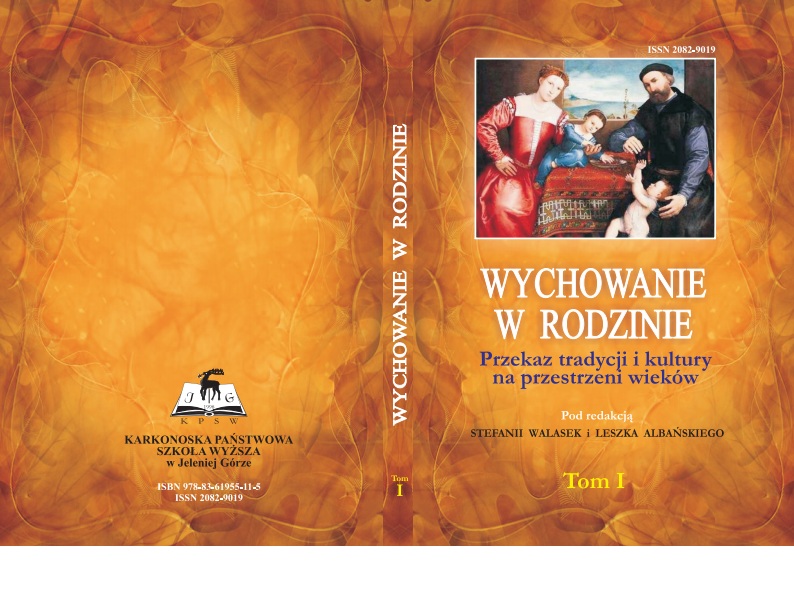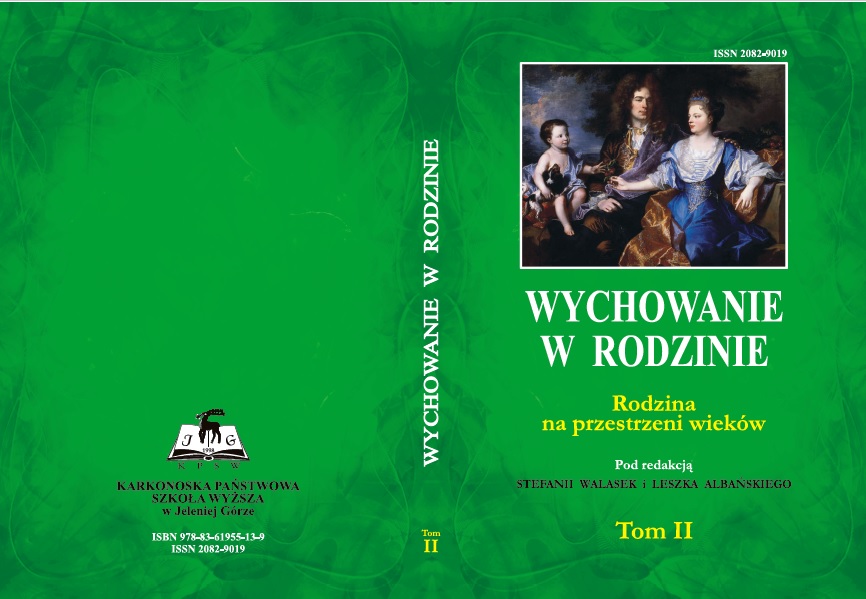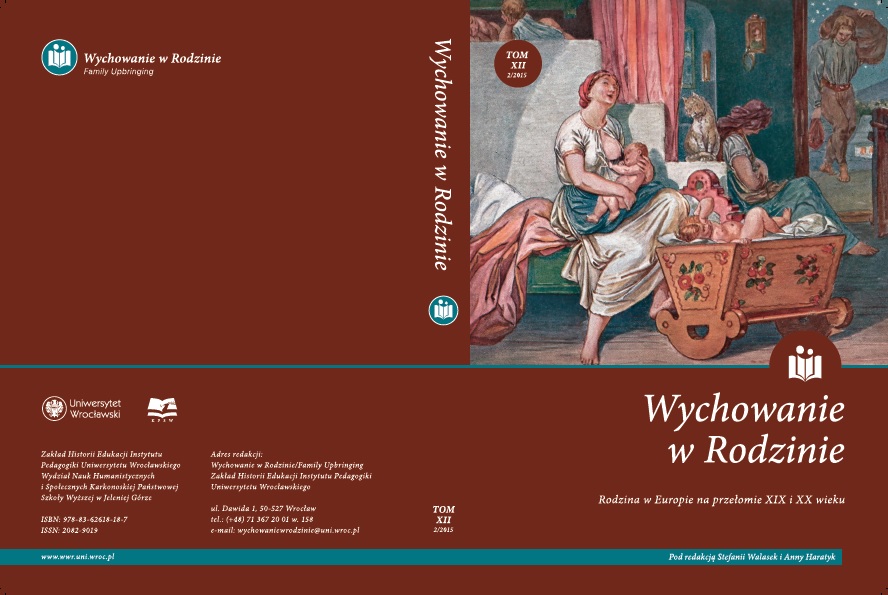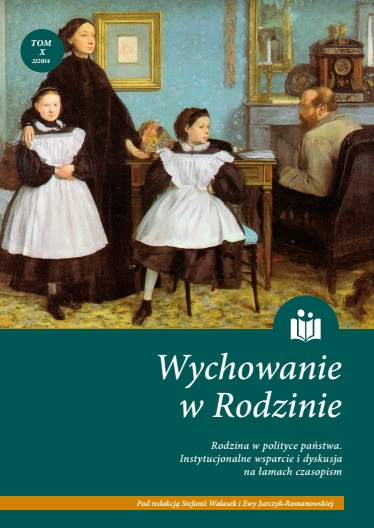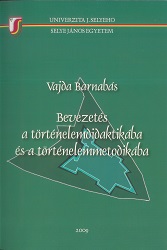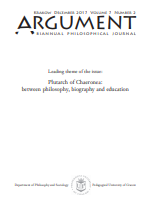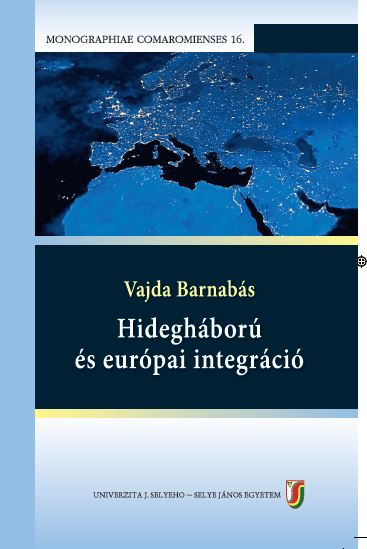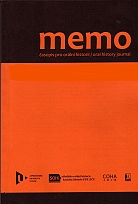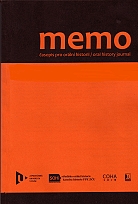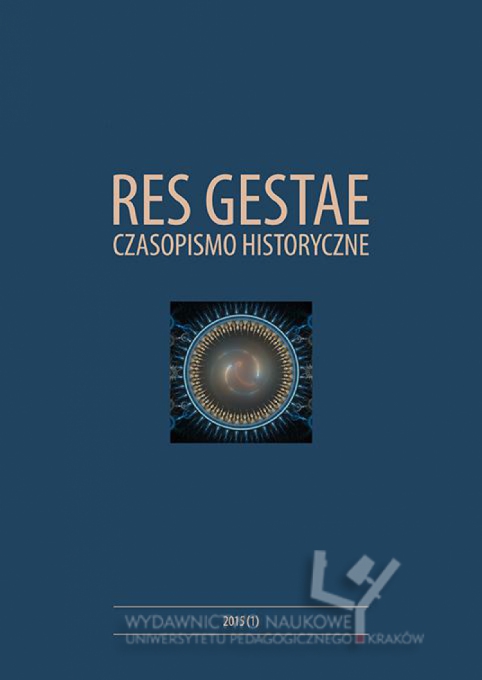
Hesiod and the cultural heritage of the Near East
Hezjod wobec bliskowschodniego dziedzictwa kulturowego.
Keywords: Ancient Greece;Theology;Philosophy;Hesiod;
In this paper I consider how theology impacted on the uprising philosophy in ancient Greece. In the first part of my text I analyze the concept of theology and philosophy and I want to know the relation between these two ideas. I am especially interested in point of the line separating theology and philosophy. The main question concerning it is when we could say about theology that it is already philosophy, and reversely – when we could say about philosophy that it is still theology in Greek meaning. For the better understanding of the answer of this question I analyze Hesiod’s theogony. Hesiod of Beotia is accepted as a poet and theologian and that is why I pay attention to him in the second part of my text.
More...
